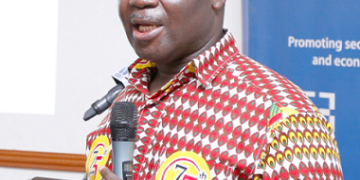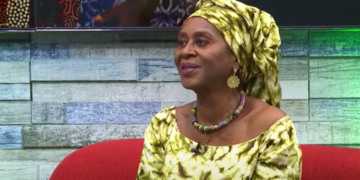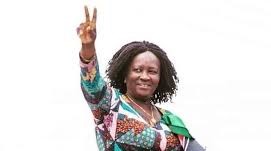Former MP for Tamale Central, Inusah Fuseini has said he was not surprised when the Supreme Court dismissed the injunction application filed by three opposition lawmakers to stop implementation of the Electronic Transfer Levy (E-Levy).
According to him, no person can stop the Ghana Revenue Authority (GRA) from implementing the E-Levy because the Authority has been given a duty by law to do so.
Speaking to Beatrice Adu on The Big Bulletin on Wednesday (4 May), Fuseini said, “Well, I’m not very surprised because I had said earlier that the Supreme Court would have to hold a balance and I’m not surprised that they actually held that balance.”
“I also said that the Supreme Court is entitled to rely on the presumption of regularism and I’m not surprised they had relied on that.”
“So, I’m not surprised at all because first of all, it is a duty by law that has been imposed on the GRA to collect the tax and a person aggrieved with that duty can go to court, but you cannot injunct them from performing that duty,” Fuseini, who is also a lawyer, said.
A seven-member Supreme Court panel presided over by Justice Nene Amegatcher, on Wednesday dismissed an application for an interlocutory injunction that sought to stop the government and the Ghana Revenue Authority (GRA) from implementing the E-Levy.
The interlocutory injunction was being sought by the Minority Leader in Parliament, Haruna Iddrisu and two other MPs, Mahama Ayariga and Samuel Okudzeto.
The apex court after hearing the arguments of the applicants and the opposing stands of the State against the application took nearly an hour’s break to take a decision.
When the court subsequently reconstituted, the presiding judge ruled that after reading all the documents filed and hearing from both sides in open court, the court is of the opinion that in exercising their discretion on whether or not to grant the injunction, the balance of hardship that both parties are likely to suffer, tilts towards the government of Ghana and the GRA (The respondents) and not the applicants.
“The application for interlocutory injunction is therefore dismissed” the court ruled.
The Supreme Court further instructed the Ghana Revenue Authority (GRA) to ensure that they keep accurate records of all E-Levy transactions so that in the event that the applicants are successful in their actual application, the GRA can be called upon to refund all deductions made on electronic transactions to the persons who performed the transactions.
The NDC MPs sued the Attorney-General arguing that Parliament did not have the required number of at least half of its members present when the E-Levy was approved.
Asaase Radio






















































































